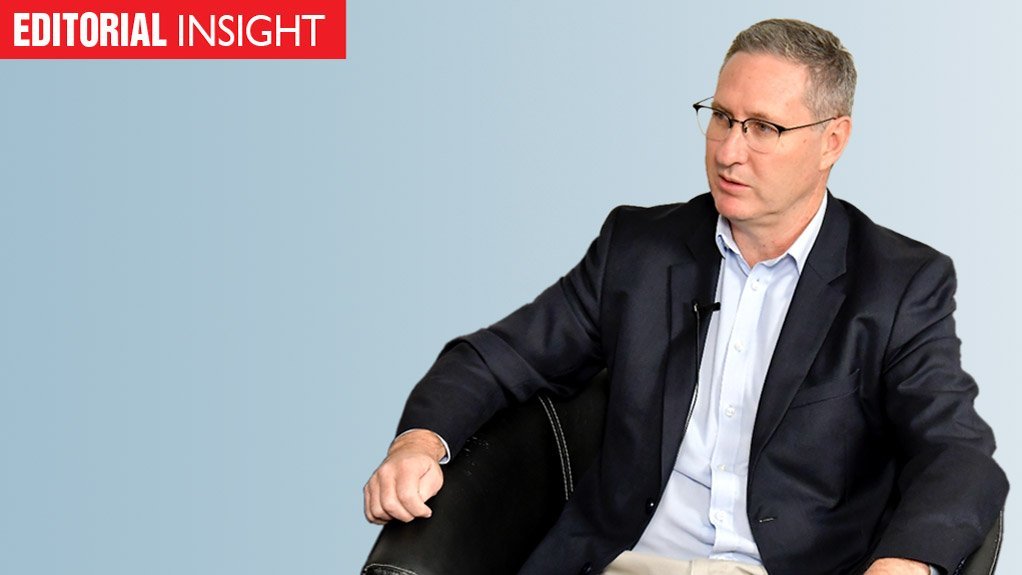With a few notable exceptions, the Members of Parliament who participated in the recent Eskom briefing on the immediate outlook for loadshedding and what was being done to tackle the crisis continued to confuse the problems and the solutions.
These lawmakers are members of committees tasked with a key Eskom oversight role. There is, thus, a justifiable expectation that they should be well versed with the problems and equipped to challenge the leadership on whether they are implementing credible solutions.
Instead, many of them chose to regurgitate the evidence-free narratives so often broadcast on social media platforms, and typically espoused by individuals who have either failed to grasp the nature of the energy transition, or who have nefarious agendas.
In so doing, these lawmakers continued to distract both themselves and their constituents from the real problems and solutions. And the longer they do so, the longer the loadshedding crisis will endure.
If they were not distracted or being deliberately distracting, they would know, for instance, that renewables IPPs are not the cause of loadshedding, but very much part of the solution.
This has been shown, yet again, in a new evidence-based report by Meridian Economics, published a day ahead of the joint sitting of the committees.
Using Eskom hourly data, the analysis tests what would have happened last year if South Africa had had 5 GW more renewable energy available – a scenario that would have prevailed had it not been for the decision, taken by the then Eskom leadership in 2015, not to sign power purchase agreements, triggering a seven-year procurement disruption.
The analysis, which it must be emphasised again is based on actual data, shows that between 71% and 92% of the loadshedding implemented in 2022 would have been eliminated, with the variance dependent on the amount of diesel burnt to close the remaining gaps.
The additional energy generated by those variable, weather- dispatched plants would have not only helped reduce loadshedding directly but would also have enabled Eskom to replenish its pumped-storage plants so that they could be used to generate electricity when the sun was not shining or the wind not blowing. Instead, 8.1 TWh of rotational cuts were implemented, four times the level of loadshedding deployed in 2021.
Ironically, at the very same time when Parliamentarians were ignoring Eskom’s important points about the falling cost of renewables and their timing and price advantages over new coal and nuclear, the International Energy Agency (IEA) was releasing its latest Electricity Market Report.
A key takeaway is that the rest of the world is moving aggressively to capture the cost and environmental benefits of wind and solar, despite their resources being far less potent than those found in South Africa.
“Our outlook for 2023 to 2025 shows that renewable power generation is set to increase more than all other sources combined, with an annualised growth of over 9%. Renewables will make up over one-third of the global generation mix by 2025,” the IEA report concludes.
EMAIL THIS ARTICLE SAVE THIS ARTICLE ARTICLE ENQUIRY
To subscribe email subscriptions@creamermedia.co.za or click here
To advertise email advertising@creamermedia.co.za or click here











